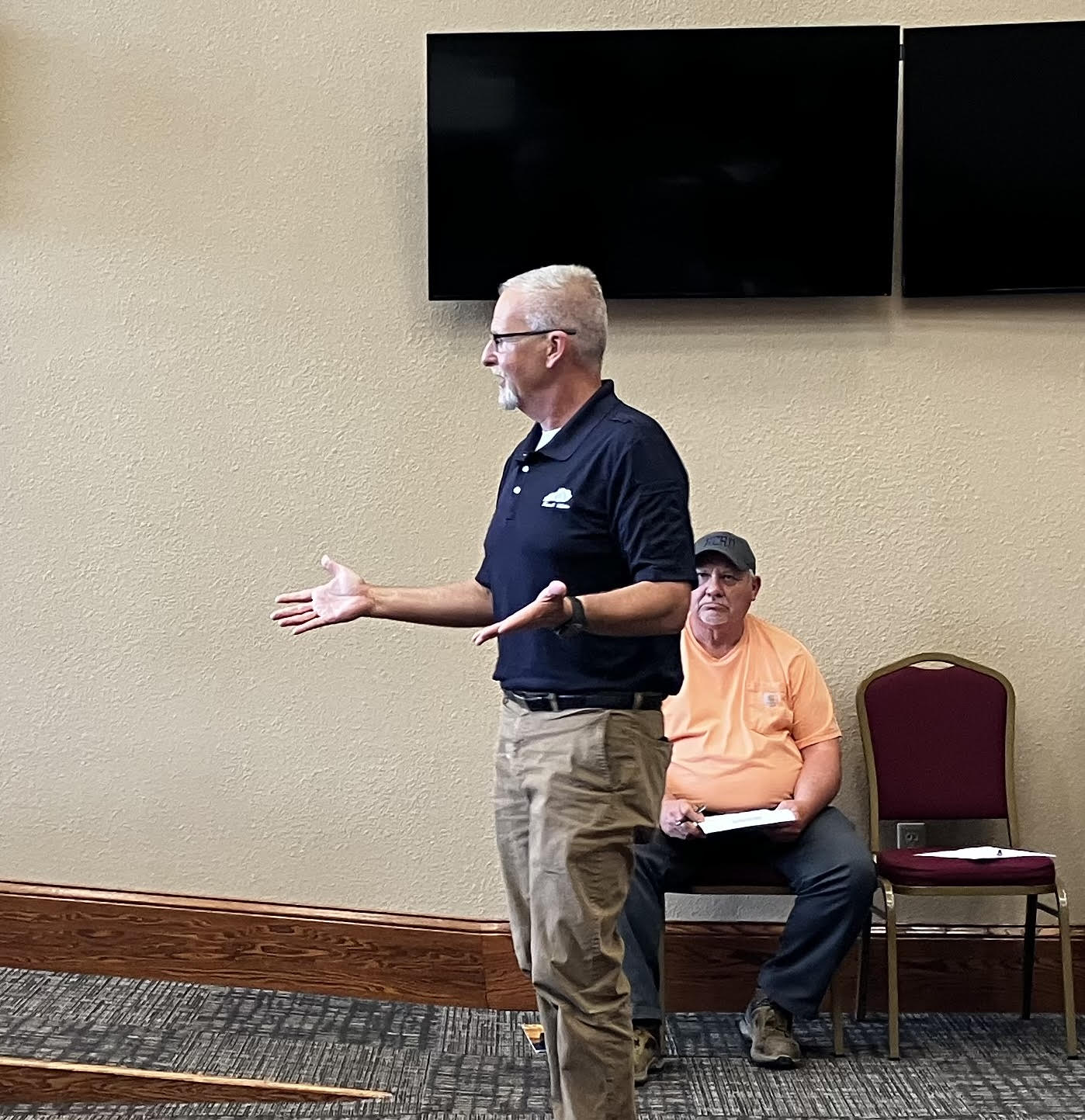Learning who you should trust
Published 12:20 pm Tuesday, March 12, 2019
I received my praying mantis eggs in the mail this week. Once I get those very cool predators established on my property, I won’t have to use near as much 7-dust on my garden plants. I’ve used those critters in years past on previous properties. They do the job. You won’t have a problem with bugs eating your plants.
It makes good sense to use natural predators in the garden. Anything that allows us to use less poisons and pesticides is a positive. I don’t think anyone would disagree…unless perhaps you own a company that produces poisons and pesticides.
A similar paradigm seems to exist when considering science and different scientists’ opinions relative to climate-change. Ninety-eight percent of climate scientists stand firm on predictions determined through their years of study and observation, and two percent argue against those predictions.
Folks, that two percent of “so-called scientists” are working for the people that sell poisons and pesticides. Well, not really poisons and pesticides; but they work for the people that sell oil. That two percent are frankly in direct opposition of the accepted scientific data for one reason — to support their own future financial gain.
When I was at UK, there was a nice new high-tech building located close to the football stadium. It was called The Tobacco Research Institute (TRI). The mandate of the institute, funded by the tobacco industry lobby, was to study the effects of tobacco, both healthy, and detrimental, on the physiology of the human being.
Of course, no “beneficial health effects” could be established, so none of those studies were fruitful; and of course, the tobacco industry was not going to fund research supporting or proving the ills of their product. Yet, the industry needed to be able to tell the United States Congress that they were “working on the problem” of tobacco and cancer and heart disease and addiction.
In the end, even though some useful cardiovascular science was accomplished by scientists of the TRI, the institute was a farce. The conception, development and construction of the TRI was a complete and total front. It was smoke and mirrors conjured-up by a powerful industry with money to burn and more money to try and manipulate science and the truth.
The institute did not last long because they could not get the research scientists at UK to publish faulty data. The scientists would not lie for the institute’s money.
Scientists are completely focused professionals that get paid to explain, as best they can, the forces and design and “workings” of nature. Their work is “coupled to” and “chained to” their reputations and, for certain, their ability to keep their jobs.
Moreover, scientists are funded according to the accuracy of what they report; and what they report is checked by other scientists. Most of Americas’ scientists work in university research facilities, like for example, the University of Kentucky College of Medicine.
Science is a very competitive and stressful profession, yet scientists are not wealthy. When I worked at the Medical Center, in the early 1990s, union coal miners here in Cumberland were making more money than the tenured scientists at UK. They don’t make big-bucks. All they have is their reputation and work, and the two are forever intertwined.
In these times, when even our weather appears to be changing around the world, it is certainly not logical nor sensible to distrust the professionals that dedicate themselves to help us understand the forces that affect and often shape our lives. Distrust the man that comes with something to sale before you distrust someone that brings knowledge and understanding.






